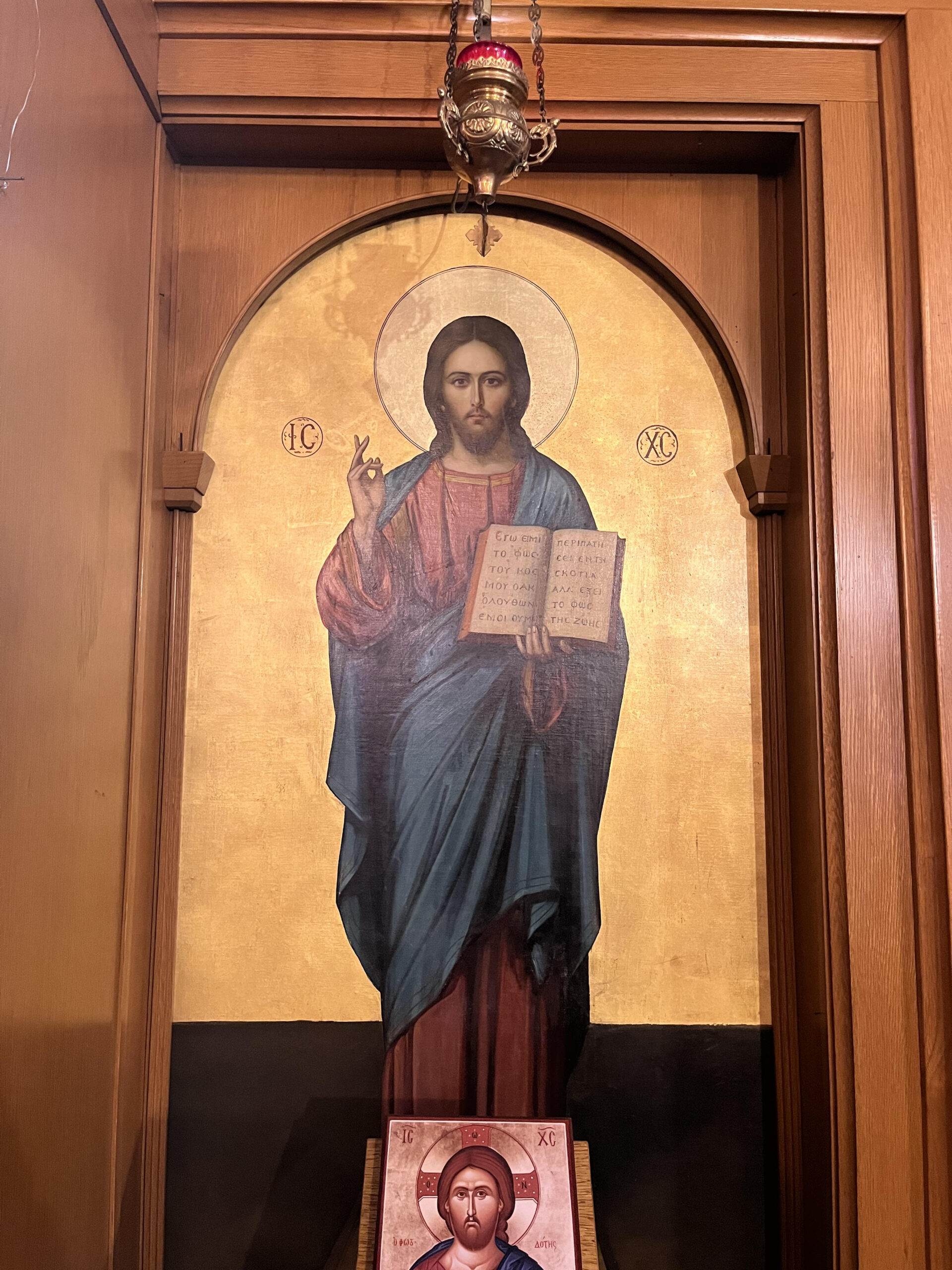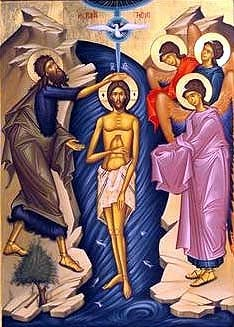Brethren, the God and Father of the Lord Jesus, he who is blessed for ever, knows that I do not lie. At Damascus, the governor under King Aretas guarded the city of Damascus in order to seize me, but I was let down in a basket through a window in the wall, and escaped his hands.
I must boast; there is nothing to be gained by it, but I will go on to visions and revelations of the Lord. I know a man in Christ who fourteen years ago was caught up to the third heaven — whether in the body or out of the body I do not know, God knows. And I know that this man was caught up into Paradise –whether in the body or out of the body I do not know, God knows — and he heard things that cannot be told, which man may not utter. On behalf of this man I will boast, but on my own behalf I will not boast, except of my weaknesses. Though if I wish to boast, I shall not be a fool, for I shall be speaking the truth. But I refrain from it, so that no one may think more of me than he sees in me or hears from me. And to keep me from being too elated by the abundance of revelations, a thorn was given me in the flesh, a messenger of Satan, to harass me, to keep me from being too elated. Three times I besought the Lord about this, that it should leave me; but he said to me, “My grace is sufficient for you, for my power is made perfect in weakness.” I will all the more gladly boast of my weaknesses, that the power of Christ may rest upon me.
II Corinthians 11:31-33; 12:1-9 (Epistle of the 19th Sunday)
Saint Paul suffered a lot because of his faith in Christ. He was tortured, dragged through town, humiliated, imprisoned, exiled and ultimately martyred for his faith. Saint Paul also was gifted a lot of grace. God’s grace allowed him to escape prison, to survive shipwreck, to defend his beliefs when under attack in front of the authorities, to endure punishment, and to ultimately become the greatest Apostle that ever lived.
In today’s Epistle reading, Saint Paul writes of “a thorn” in his side, “a messenger of Satan to harass me.” (II Corinthians 12:7). He writes that “three times I besought the Lord about this, that it should leave me.” (12:8) This is a very human response to the thorns that bother all of us. The response of the Lord was “My grace is sufficient for you, for my power is made perfect in weakness.” (12:9) Indeed God’s grace was sufficient for Saint Paul to overcome many challenges and to thrive as a Christian and as an Apostle.
Just about everyone can relate to the “thorn in the flesh” that Saint Paul is talking about. Just about everyone has one person or circumstance (perhaps more than one) and we think, “if only this person (or circumstance) was eliminated from my life, I could thrive, or do much better than I am doing.” As I am writing this out, I wonder if everyone has one thorn that trips them up, if I am a thorn for someone. Because if everyone has one thorn, this either means that there are people who are thorns for multiple people, or that everyone is a thorn for someone else. That’s kind of a sobering thought. I can name the people who I identify as thorns, but I wonder if I’m on anyone’s “thorn” list.
Because God has given each person free will, He is not going to magically make all of our thorns disappear. We are each given the choice to be kind to one another or to be unkind. Those who consistently treat others unkindly are not going to have their free will to do so removed by God.
Rather, Saint Paul tells us, that God’s grace is given to each of us to help survive the thorns that come our way. Christ’s power is at work in our weak moments. That is because grace completes what is lacking and fills the empty spaces. If there are no empty spaces, or we perceive that we have not empty spaces, that we lack nothing, then there is no room for God’s grace to work. For grace is a gift but not one that is imposed on people. God is not going to impose His grace upon people who do not want it, though His grace may shine on us even when we are not seeking it.
In our difficult times, we have to remember that the thorns (difficult people, difficult circumstances) are from Satan, and are his way of distracting us and getting our faith off track. Satan will tempt each of us in two ways—he will try to defeat us through our thorns, and he will try to get us to become thorns in the sides of other people. God’s grace works in many ways, but in relations to the thorns it works in two ways. It gives us the strength to endure our thorns, and in our times of temptation, when the devil tempts us to become thorns in the sides of others, His grace gives us the strength to fight off temptation and do what is right.
We work in concert with God’s grace—we have to accept His grace and let it flow through us. We can’t at the same time resist grace and overcome thorns and temptations.
Finally, let’s reflect on the word “sufficient.” There are many times in life when we will feel “insufficient,” when we will feel beat down and hopeless. It is precisely at these moments that we need to open ourselves to God’s grace, and let it flow over us like an elixir. The challenge is that we often meet our thorns with anger, and anger closes the heart to God’s grace. We can’t experience God’s grace when we are seething with anger. So in the moments when our thorns feel the sharpest, this is when we need to strive to make our hearts the softest, so that God’s grace, which is sufficient to help us endure our weakest moments, can flow over us and through us, taking away the sting of the thorn and infusing us with a measure of God’s power. Of course, this is easier said than done. This is why we develop a life of prayer, so that in having a strong relationship with the Lord, our hearts are trained to go first to Him in times of stress and sorrow, when the thorns get very sharp, and in return, He pours His grace upon us.
The host of Your Disciples and the ointment-bearing women are with one accord exulting. Together with them we celebrate a common feast to glorify and honor Your Resurrection. And through them, O Lord who love humanity, bestow on Your people the great mercy. (Second Resurrectional Kathisma of the second set, 2nd Tone, Trans. by Fr. Seraphim Dedes)
Remember that God’s grace is sufficient to endure the thorns of life! And don’t be a thorn in anyone’s side today!

